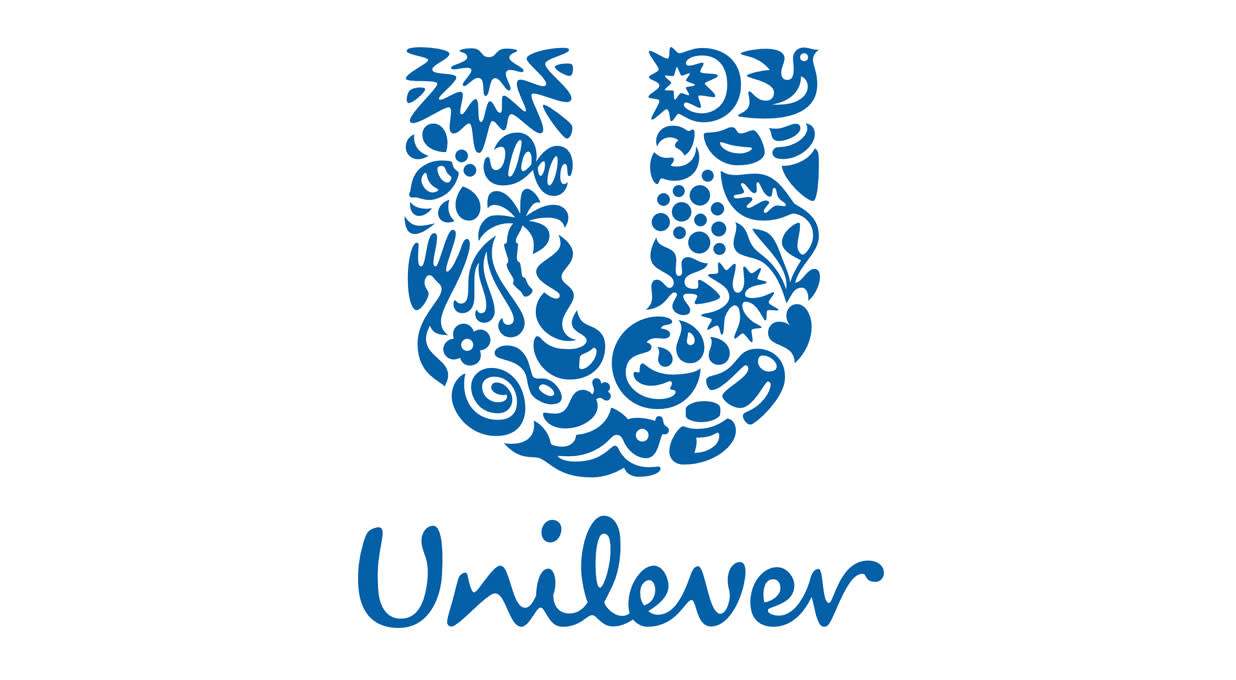Unilever reported first-quarter revenue of €15.0bn, reflecting underlying sales growth of 4.4% - well ahead of market expectations. Revenues were driven by a mix of volume and price growth, both increasing by 2.2%.
Growth was led by the Group's larger 'billion+ Euro' brands, which saw 6.1% underlying sales growth. The likes of Dove and Sunsilk contributed to particularly strong performances in the Beauty & Wellbeing, and Personal Care divisions.
Unilever remains on track to achieve full-year targets of underlying sales growth between 3-5%.
The Board announced a maintained quarterly interim dividend of €0.4268 per share.
The shares rose 4.8% in early trading.
Our view
Unilever’s return to volume growth has continued into the current financial year. Combine that with an efficiency drive and normalising input price growth, and there’s an opportunity to boost margins, an area of focus for investors and management.
It’s no surprise then that markets also welcomed the news of Unilever’s plan to spin off its Ice Cream business and cut costs over the next few years. It’s been on a streamlining mission of late after lacklustre growth, and this big move shows real intent from a new management team to make changes.
This move makes sense to us. The Ice Cream business always looked like the odd one out compared to other product lines, and it’s been struggling for growth.
Protecting the quality of Unilever's brands is the number one priority, and that comes at a heavy cost. Brand and marketing investment now stands at 14.3% of revenue and increased spend is expected to continue. That's all part and parcel with the Group's strategy of locking in long-term customers with well-known, trusted, brands.
There are specific pockets where improvement's needed. Last we heard, the number of products winning market share is falling, now at 37% on a rolling 12-month basis and a specific area of concern for investors and management. Lower margin products are being removed and consumers are favouring price areas that Unilever doesn't want to operate in. The expectation is for trends to improve again and for that figure to push back toward 50% over the medium term. We're inclined to agree, but it's something worth keeping an eye on.
The 4.0% prospective forward dividend yield and ongoing buyback are currently supported by strong free cash flow and a robust balance sheet. Dependability is an attraction, and we don't see too much upsetting the apple cart here. But, as ever, potential returns can't be relied on.
All in, there are clear signs that the new management team are making progress and Unilever remains a quality business with attractive fundamentals. If it can deliver on planned cost cuts and spin-off Ice Cream without causing too much damage, then achieving mid-single-digit sales growth is on the cards. The valuation isn’t too demanding, but we still think it’ll take time before we see a material rerating.
Unilever key facts
All ratios are sourced from Refinitiv, based on previous day’s closing values. Please remember yields are variable and not a reliable indicator of future income. Keep in mind key figures shouldn’t be looked at on their own – it’s important to understand the big picture.
This article is not advice or a recommendation to buy, sell or hold any investment.No view is given on the present or future value or price of any investment, and investors should form their own view on any proposed investment.This article has not been prepared in accordance with legal requirements designed to promote the independence of investment research and is considered a marketing communication.Non - independent research is not subject to FCA rules prohibiting dealing ahead of research, however HL has put controls in place(including dealing restrictions, physical and information barriers) to manage potential conflicts of interest presented by such dealing.Please see our full non - independent research disclosure for more information.


